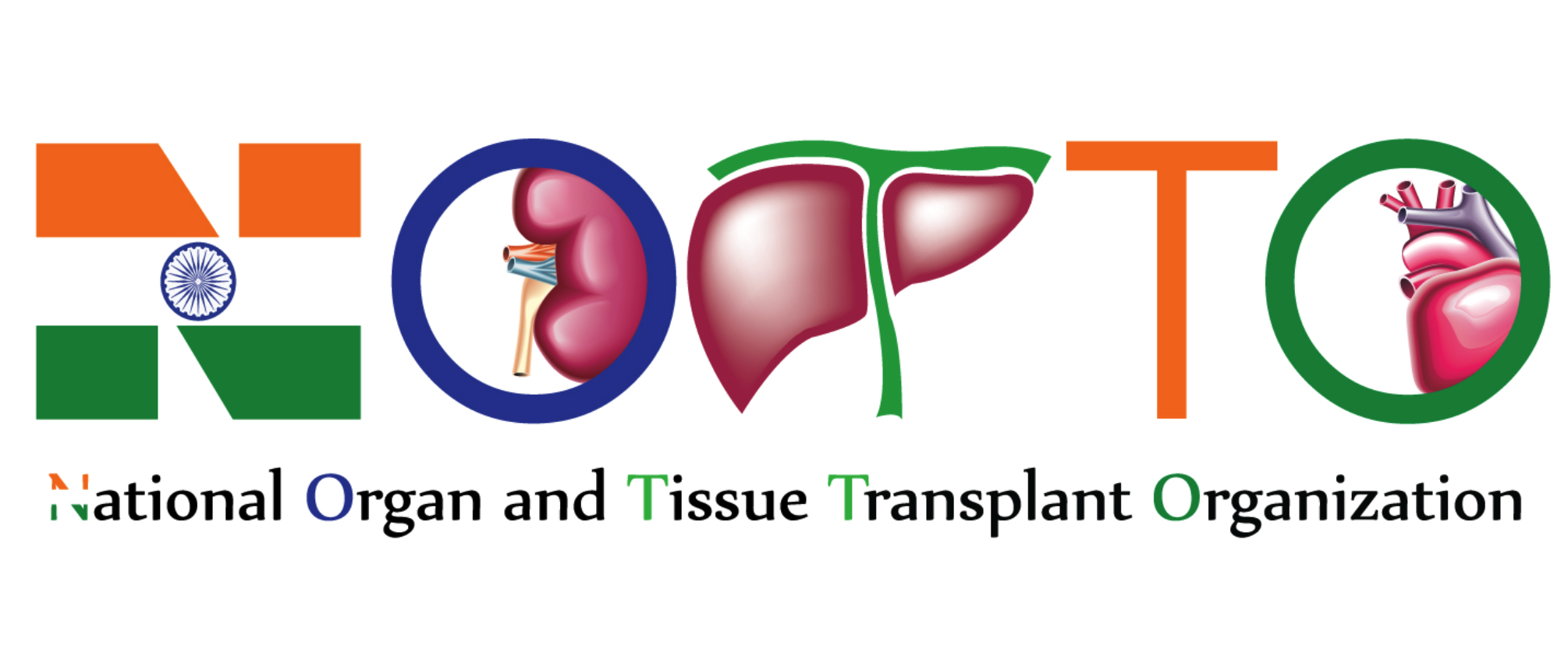National Organ and Tissue Transplant Organization (NOTTO)

- 22 Apr 2024
Why is it in the News?
Each organ transplant case will receive a distinctive National Organ and Tissue Transplant Organisation (NOTTO) ID assigned to both the donor and the recipient.
Highlights of the News:
- The Union Health Ministry has mandated the cessation of commercial organ transactions, particularly those involving foreign nationals, and emphasized the need for stringent oversight by local authorities.
- For deceased donor transplants, a NOTTO-ID is required for organ allocation, while in living donor transplants, the ID must be generated within 48 hours post-surgery through the NOTTO website by the hospital.
What is the National Organ and Tissue Transplant Organization (NOTTO)?
- NOTTO is a national organization established under the Directorate General of Health Services, Ministry of Health and Family Welfare, Government of India.
It serves as the central coordinating hub for:
- Organ and tissue procurement and distribution.
- Maintaining a registry of organ and tissue donation and transplantation activities across the country.
NOTTO comprises two divisions:
- National Human Organ and Tissue Removal and Storage Network:
- Acts as the primary center for nationwide coordination of organ and tissue procurement, distribution, and registry.
- Established in accordance with the Transplantation of Human Organs (Amendment) Act 2011.
- National Biomaterial Centre (National Tissue Bank):
- This center focuses on filling the gap between demand and supply while ensuring quality assurance in tissue availability.
- The Transplantation of Human Organs (Amendment) Act 2011 has expanded NOTTO's scope to include tissue donation and registration of tissue banks.
Activities performed by NOTTO include:
-
- Coordinating tissue procurement and distribution
- Donor tissue screening
- Tissue removal and storage
- Tissue preservation
- Laboratory screening of tissues
- Tissue tracking
- Sterilization
- Record maintenance
- Data protection and confidentiality
- Quality management in tissues
- Patient information on tissues
- Developing guidelines, protocols, and standard operating procedures
- Training and assistance in registering other tissue banks
